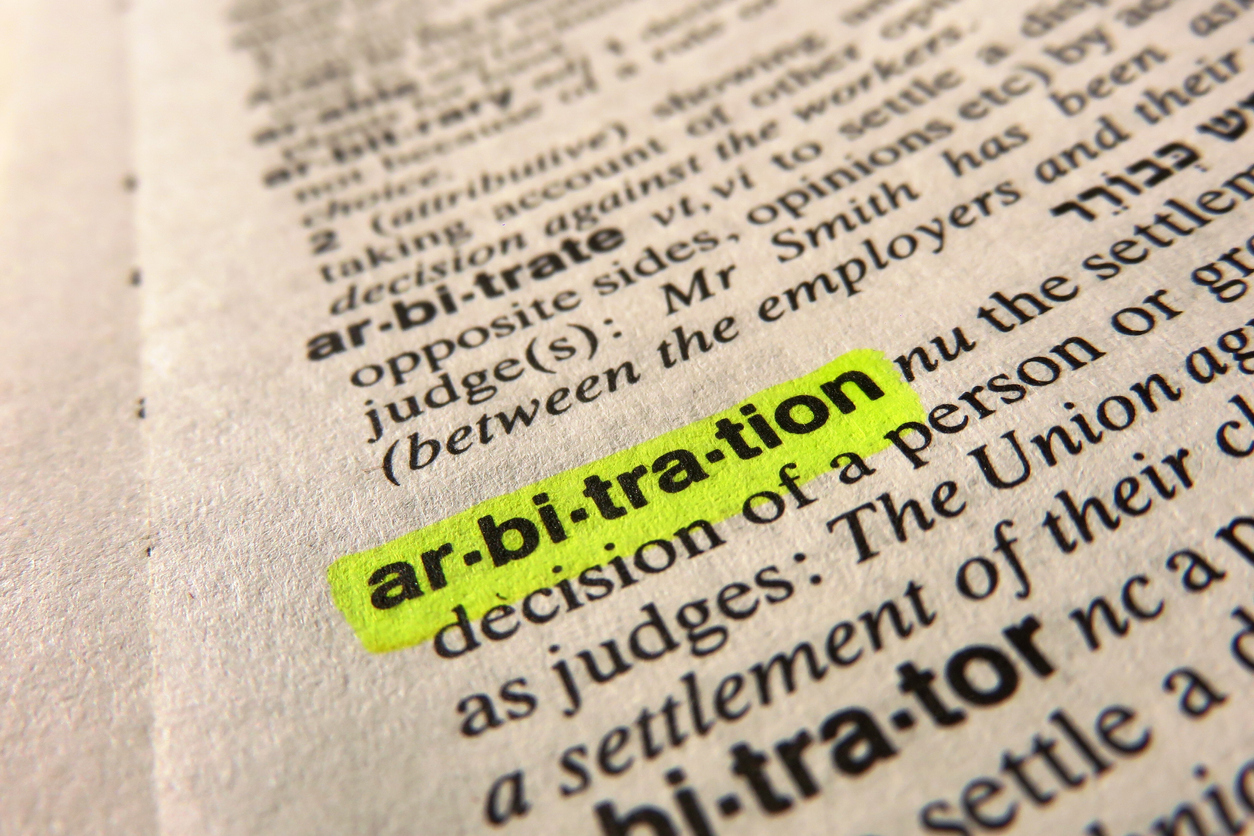(Note: This Guest Blog is by Kristin Demers-Crowell, an attorney with Merlin Law Group in the Tampa, Florida, office. This is part of a series that she and fellow attorney Donna DeVaney are writing on sinkhole issues).
I haven’t seen a ghost, but the new insurance legislation pending in the Florida legislature is almost as scary. There has been a flurry of activity in the Florida House this week regarding HB 447. The Florida Senate is considering a similar bill, SB 2108. It is helpful to review the Florida Senate Bill Analysis and Fiscal Impact Statement for an overview of the major reforms.
The St. Petersburg Times published an article this week explaining some of the benefits insurance companies will reap if the law is enacted. Sinkhole claims would be significantly affected. Here are some of the major points of concern:
● Insurer payments for covered sinkhole claims need only be done with “notice to the policyholder” rather than “in consultation with the policyholder.”
● Policyholders must enter into a contract to complete repairs within 90 days of coverage being approved.
● All repair work must be completed within 12 months after the contract for repair is entered into, unless there is an agreement otherwise, the claim is in litigation or neutral evaluation, or other factors outside the policyholders control prevent completion.
● Insurers can non-renew property policies due to a sinkhole claim being filed for a partial loss if the partial loss claim payment or payments exceed the policy limits of the policy in effect on the date of loss, rather than the policy limits of the current policy.
● The engineer or geologist doing the testing must issue the sinkhole report only to the insurer, instead of the insurer and policyholder, as provided under current law. However, the insurer must forward a copy to the policyholder.
● The insurance company’s engineering report is presumed correct, and the jury is to be advised of this. This is intended to shift the burden of proof at trial to the policyholder who must prove sinkhole activity is the cause of the damage. (For more discussion on burdens of proof in sinkhole cases see Amy’s April 7th blog, Donna’s blog last week, and my blog where I cited the recent 2nd District opinion,Warfel v. Universal Ins. Co.).
● Limits grounds for disqualifying a neutral evaluator to situations involving a familial relationship, prior representation of either party by the proposed evaluator or his/her firm, prior representation on substantially the same matter (meaning the same claim, property or any adjacent property). (For more discussion on problems with the current neutral evaluation process see my two prior blogs).
I would encourage our legislators to ask themselves:
Why wouldn’t an insurance company want to adjust a sinkhole claim in consultation with the policyholder?
Why would an insurer want to keep an engineering company from providing a report directly to a homeowner and, instead, require it to come through the insurance company’s office first?
Insurance companies claim these measures are necessary due to the incredibly high risk exposure in Florida. While this might be true for some aspects of the bill, there comes a point when the legislation is counter to the obligations insurance companies have to adjust claims in good faith. To paraphrase William Shakespeare, something is rotten in the state of Florida.



